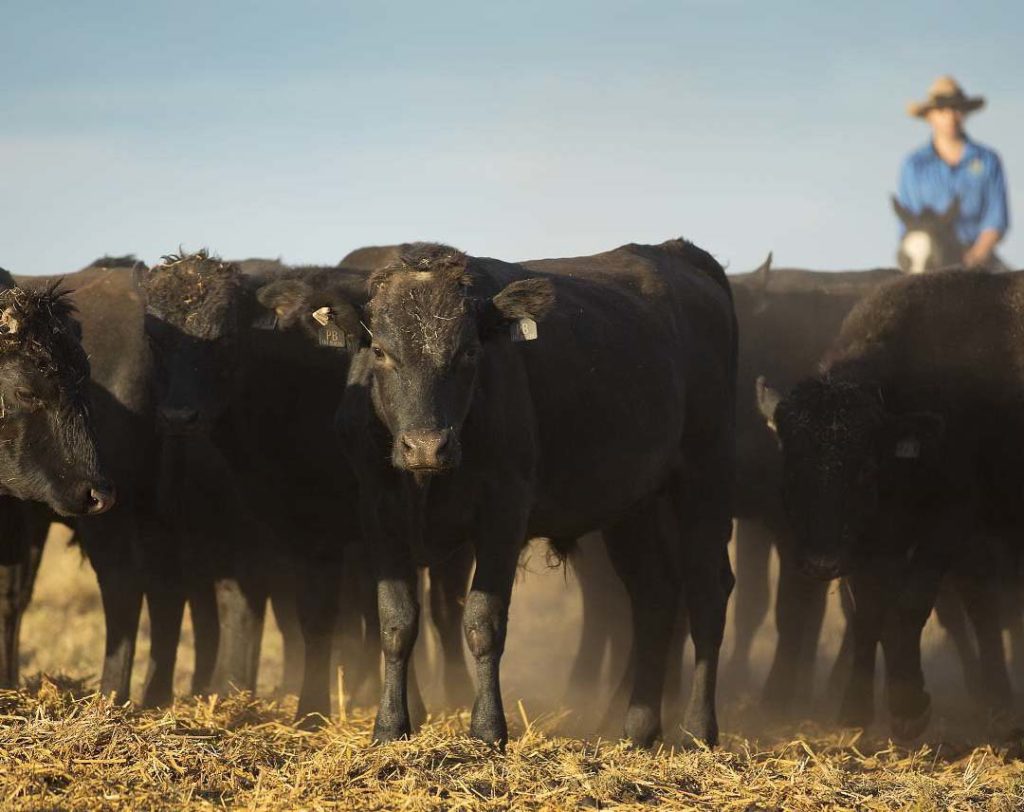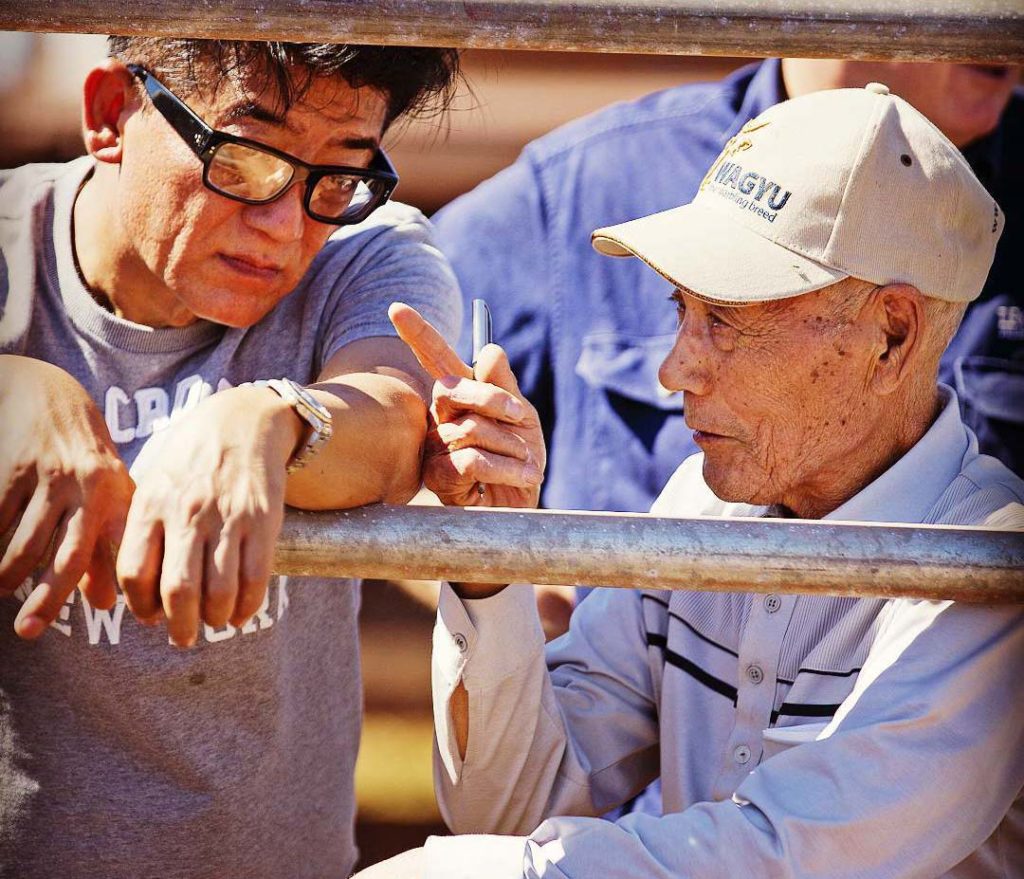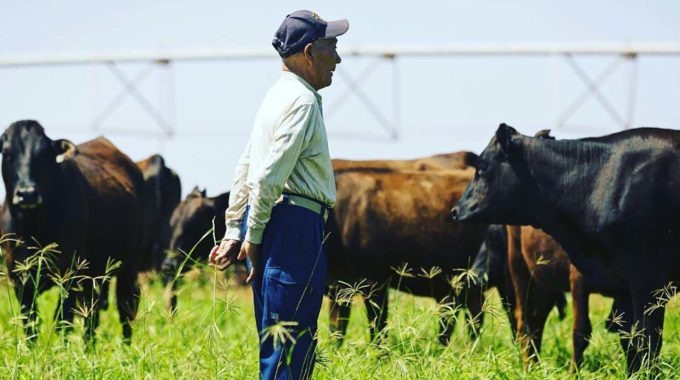Desert wagyu: high value Pilbara beef
A high-value beef product might not be the first thing people connect to the vast, dry Pilbara of Western Australia, but Singaporean businessman Bruce Cheung has tapped into the region’s water resources as part of his vision to produce wagyu for a global market.
Pardoo Beef Corporation at Pardoo Station on the western end of the Great Sandy Desert partnered with Meat & Livestock Australia Donor Company (MDC) back in 2018 on a collaborative co-innovation program. The three-year program explored the production and economic benefits of different pasture and breeder management systems to determine how to best utilise Pardoo’s 15‑gigalitre annual water allocation. By developing water infrastructure to grow year‑round feed, Cheung has created an alternative to the region’s traditional model of turning cattle off native pastures for live export.

The project has presented its share of challenges – from sourcing skilled staff to capturing data in an extensive grazing enterprise – but the first generation of wagyu bred in the middle of a desert on Pardoo Station has now reached dinner tables around the world, with the business targeting a higher‑value market that demands quality and provenance.
The corporation has had the assistance of top wagyu experts, including Japanese wagyu master Shogo Takeda – a wagyu breeding legend who has estimated that around 95 percent of all wagyu genetics in Australia originated on his farm. Australian Wagyu Association president and Albany wagyu producer Peter Gilmour and Queensland pastoralist Peter Hughes, one of Australia’s largest wagyu producers, have also worked closely with Pardoo.

One of the earliest challenges was finding a scientist willing to live in the remote region. After a year’s search, MDC and and Pardoo Beef approached Kevin Bell, a former Professor of Animal Production Systems at Murdoch University, to see if he would work at Pardoo.
“It wasn’t really what I planned to do at the age of 75, but it was too much of a challenge to let it go,” Bell admits. “My wife was a bit dismayed, but I’ve made it work. I spend one week in every two or three there collecting data, then come home to Broome and work with good connectivity and access to libraries.”
Bell says the Pardoo project has provided many insights for the wider beef industry: “It opens up one more opportunity for the beef industry in similar environments,” he says. “No one thought you could get that sort of beef coming out of those harsh conditions.”
To find out more about Pardoo wagyu, head to pardoo.com









